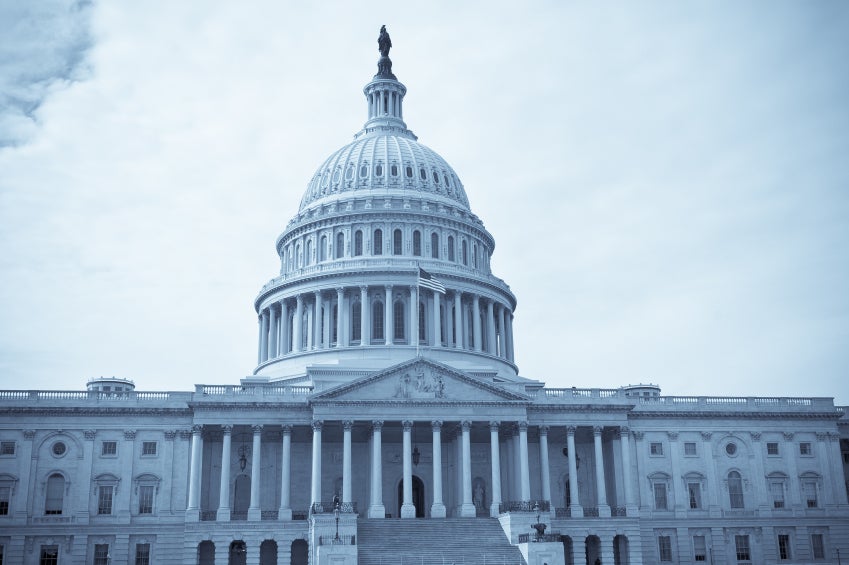CBA To Congress: Further Restricting Overdraft Would Harm Financially Vulnerable Americans Most

In a new letter sent today to the House Committee on Financial Services, Consumer Bankers Association (CBA) President & CEO Richard Hunt reiterated longstanding opposition to H.R. 4277, legislation that would restrict access to overdraft for millions of hardworking families who knowingly use and value the product. In the letter, CBA also highlighted the recent bank-led overdraft innovations designed to expand choice, strengthen transparency, and reduce cost for consumers.
As CBA conveys, financially vulnerable Americans rely on bank products like overdraft to cover emergency expenses – whether to pay their rent or simply put food on the table. Further restricting access to these products, as this legislation calls for, would only harm the very people we are all working to protect:
“Without access to viable, bank-offered short-term liquidity products like overdraft, consumers will be left with little recourse but to use less-supervised, less-regulated, non-depository institutions to meet their needs – an undesirable position to place vulnerable consumers.”
Click HERE to read the full letter or below for an overview of key themes:
An Emergency Safety Net In Times of Need
A 2018 Federal Reserve survey estimated nearly 40% of American adults wouldn’t be able to cover a $400 emergency with savings, alone. Consumers who opt-into overdraft do so willingly and value the certainty of knowing a transaction which otherwise may have been declined due to lack of funds, is covered by their bank.
Banks are required by law to have clear and conspicuous disclosure of material terms and conditions. This empowers consumers to make informed financial decisions on the type of product that best serves their needs.
Bank-Led Innovations Deliver Greater Choice, Increased Transparency, Lower Costs
Driven by a commitment to meet evolving consumer demands, America’s leading banks have unveiled innovative financial tools to provide consumers more choice and flexibility to avoid fees. Some of these bank-led innovations, which have occurred without regulatory intervention, include:
- Real-time payment updates
- Grace periods
- Posting alerts
- No-fee overdrafts
Consumers Understand & Value The Product
Recent data from a December 2021 Curinos study, Competition Drives Overdraft Disruption, found:
- Even as overdraft use has declined by 40% between 2010 and 2020, a majority of regular overdraft users knowingly use the product and value the emergency safety net it provides in times of need.
- Overdraft fees, per U.S. adult, have declined by 77 percent, or $158 since 2008.
Further, overdraft fees as a percent of total revenue across the banking industry made up less than 2 percent in 2019, and Curinos projects recent bank-led overdraft innovations will decrease fees by approximately $7.5 to $10 billion dollars.
CBA Advocacy
- Last month, CBA’s General Counsel and Senior Vice President, David Pommerehn testified before the Senate Banking Subcommittee on Financial Institutions and Consumer Protection on the importance of protecting access to overdraft for hardworking families. To learn more, click HERE.
- In March, CBA released a new video to correct misinformation surrounding bank fees, to underscore banks’ commitment to providing transparency and choice, and to highlight some of the bank-led innovations designed to meet evolving consumer demands.
- In March, ahead of a scheduled hearing examining the overdraft marketplace, CBA sent a letter to Congress, highlighting the bank-led overdraft innovations designed to meet evolving demand and cautioned against restricting a product millions of consumers knowingly use to cover emergency expenses.
- Responding to the Bureau’s renewed focus on fees charged by banks, CBA has worked to correct the record and deliver the facts about how emergency safety net products like overdraft are valued by millions of consumers in times of need.



